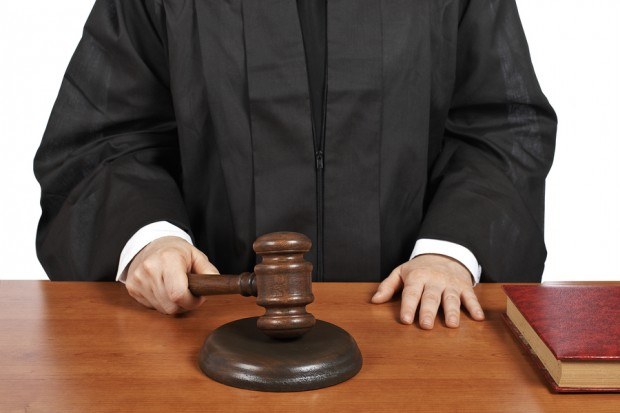A New York judge has allowed Chevron Corp to sue Patton Boggs over claims that the Washington law and lobbying firm engaged in fraud while trying to enforce a multibillion-dollar environmental judgment for a group of Ecuadorean villagers.
U.S. District Judge Lewis Kaplan gave his ruling on Monday in Manhattan federal court, saying he had “difficulties” with Patton Boggs’ argument that a New York court did not have jurisdiction to hear the case.
“This is about holding accountable all those who are responsible for trying to enforce this travesty of justice that occurred in Ecuador,” Chevron’s lawyer, Randy Mastro, said in an interview. “Now there will be the opportunity to hold Patton Boggs accountable for its role.”
Patton Boggs general counsel Charles Talisman in a statement called Chevron’s claims “baseless and unlikely ever to proceed to litigation on the merits.” He said the case was in its early stages and there were still jurisdictional arguments being made.
“If this case advances…we look forward to showing the lack of merit in Chevron’s allegations regarding our law firm,” he said. “We have no doubt that we acted ethically and properly in assisting these communities, and that we will be able to demonstrate this to the court if that becomes necessary.”
In 2011, an Ecuadorean judge ruled in favor of plaintiff lawyer Steven Donziger against Chevron for polluting the country’s rainforest. An award to the villagers for $18 billion was reduced in 2013 to $9.5 billion.
Patton Boggs was hired by the villagers in 2010 to come up with a strategy to enforce the judgment, with partner James Tyrrell leading the enforcement efforts, according to court records.
On March 4, Kaplan ruled that there was “clear and convincing evidence” that Donziger’s legal team had used bribery, fraud and extortion in pursuit of the multibillion- dollar judgment, according to court papers.
After Patton Boggs began enforcement efforts, Chevron in May asked Kaplan if it could bring counterclaims against the firm that it had concealed Donziger’s fraudulent tactics, among other things.
Chevron said in court papers that Tyrrell took the case despite having ethical concerns about its merits but did so because of “enormous financial pressure at Patton Boggs,” according to court papers.
Tyrrell and Patton Boggs have denied the claims.
In June, Patton Boggs claimed the court lacked jurisdiction because its partners consisted of “stateless” persons stationed in Dubai, Doha, Abu Dhabi and other foreign locations and could not be tried in New York.
Kaplan said on Monday the Patton Boggs partners in question “at least arguably were domiciliaries of the states of the United States” and the firm had the burden of proving partners intended to give up their U.S. domiciles or take up domicile in a foreign country.
“That burden has not been sustained here.”
Patton Boggs is in merger talks with the larger firm Squire Sanders. Discussions include how to prevent a newly formed firm from assuming liability related to the Chevron case, two people with knowledge of the matter said earlier this month, on condition of anonymity because they are not authorized to speak publicly about it.
(Reporting by Casey Sullivan; Editing by Ted Botha and Lisa Shumaker)





















 Viewpoint: Runoff Specialists Have Evolved Into Key Strategic Partners for Insurers
Viewpoint: Runoff Specialists Have Evolved Into Key Strategic Partners for Insurers  State Farm Inked $1.5B Underwriting Profit for 2025; HO Loss Persists
State Farm Inked $1.5B Underwriting Profit for 2025; HO Loss Persists  Telematics and Trust: How Usage-Based Insurance Is Transforming Auto Coverage
Telematics and Trust: How Usage-Based Insurance Is Transforming Auto Coverage  Why Claims AI Build vs. Buy Decisions So Often Miss the Mark
Why Claims AI Build vs. Buy Decisions So Often Miss the Mark 






